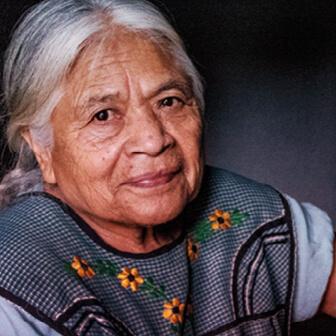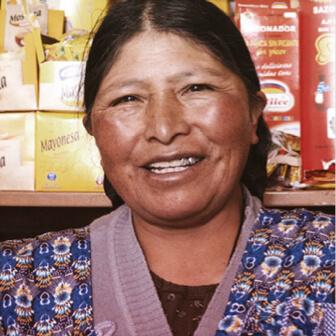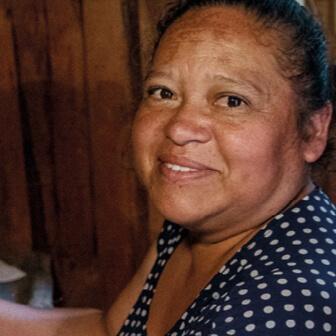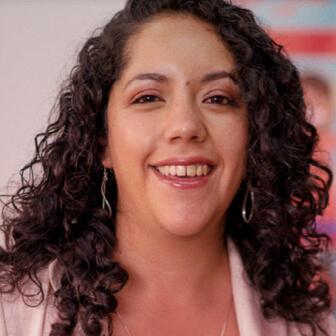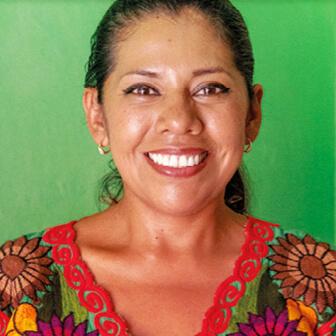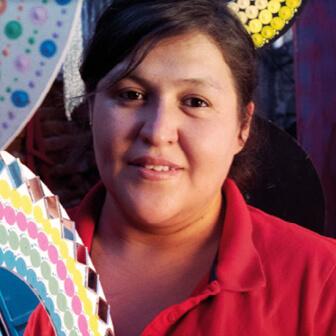Pro Mujer Joins UN Women Campaign to Prevent Gender-Based Violence During Carnival in Bolivia
22 February, 2023
Blog
Gender-based violence is a significant issue in Bolivia. Over 2022, 51,000 cases of violence against women and children were recorded, representing a 9% increase from 2021 (Attorney General’s Office).
This places Bolivia among the most dangerous countries in the world for women. With 94 women murdered in 2022, Bolivia is the fourth most dangerous country for women in Latin America and the first in South America (UN Women).
Violence against women increases during the Carnival period, with 382 reports of gender-based violence recorded in 2022.
As part of the efforts to address this issue, Pro Mujer joined the campaign “No Mask, No Violence” led by the Ministry of Cultures, Decolonization, and Depatriarchalization; the National Confederation of Religious Folklore Associations of Bolivia; and UN Women. This collaborative program seeks to eradicate violence against women and children during the Carnival season.
“Masks should be worn for dancing, not to hide your face. Stand up for the rights of women and children,” declares a video shared by the initiative as part of the efforts to challenge gender stereotypes and sociocultural patterns through information, support, and awareness.
From February 18-21, the initiative will offer workshops on preventing gender-based violence to community groups and musicians participating in the Carnival parade and festivities. Audiovisual and printed material featuring awareness-raising messages on gender-based violence will also be disseminated in the media and on social networks during Carnival.
The informational materials will promote Pro Mujer’s free and confidential Mujer Segura hotline (800 10 2414), which provides support, guidance, and advice to women experiencing violence in Bolivia. Additionally, three physical Mujer Segura offices provide in-person support in La Paz and El Alto.
This campaign is being implemented as part of UN Women’s HeForShe movement, where men are asked to reflect on their role in a sexist and patriarchal society that hides and normalizes different forms of violence.
